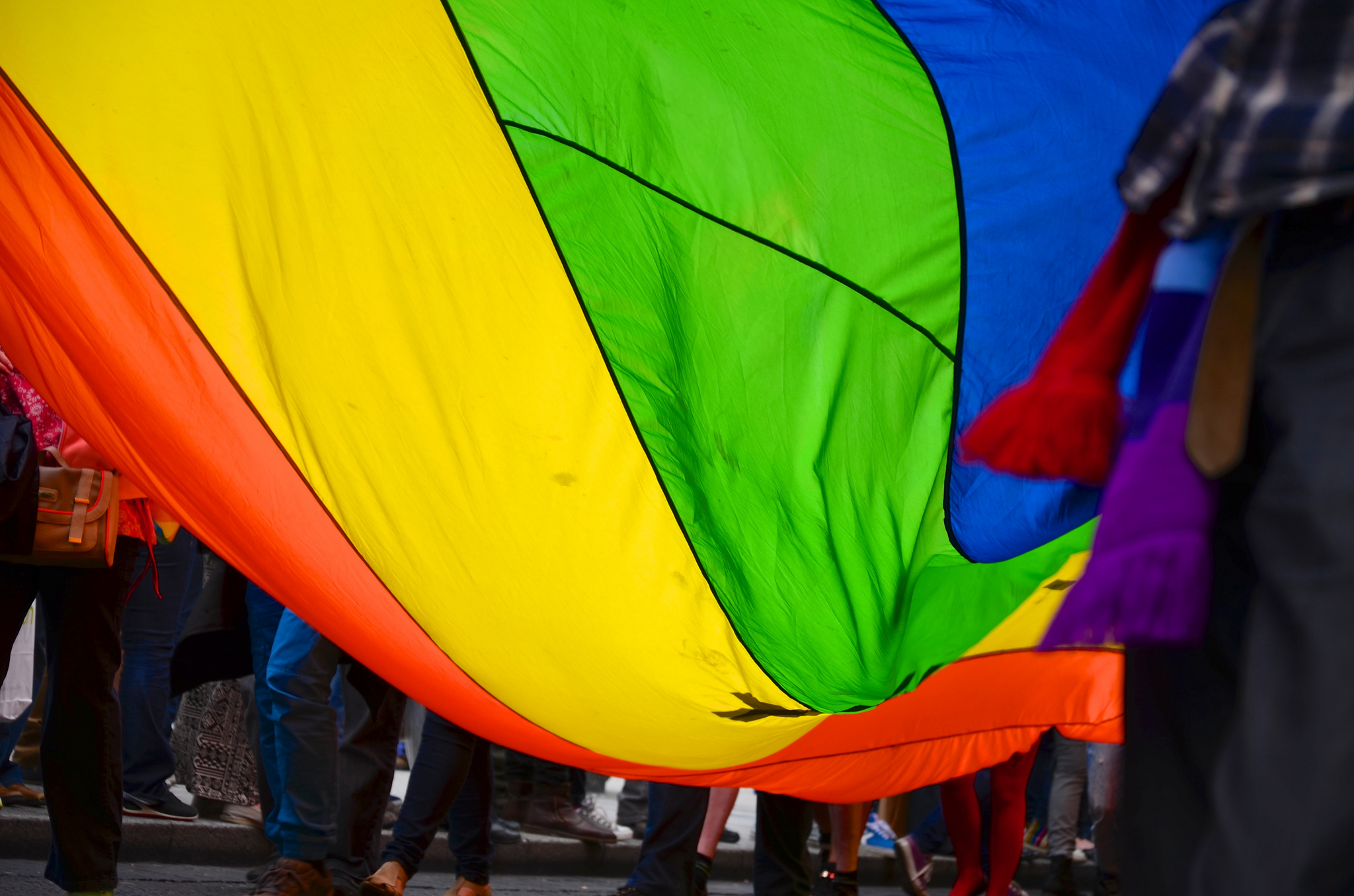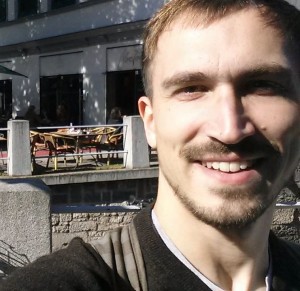How homophobic is the European far right? While right-wing populist parties do not particularly stand out as the most gay-friendly ones, many of their supporters would probably say that they’re not homophobic at all! Increasingly, parties such as the Front National (FN) in France, the Dutch Partij voor de Vrijheid (PVV), or the German Alternative für Deutschland (AfD) are beginning to appear as ‘defenders of Western values’, particularly against a supposed ‘Islamisation’ of Europe. While Jean-Marie Le Pen, the founder of the far-right FN, was blatantly anti-Semitic and called homosexuality a ‘biological and social anomaly’, his daughter and successor Marine Le Pen rejects such attitudes and campaigns for the ‘dédiabolisation’ of her party. The PVV laments that ‘mass immigration’ and ‘Islamisation’ drive out Jews and gays; their MP Fleur Agema holds that anti-Semitism and homophobia are imported from Morocco. And the AfD, whose Christian fundamentalist wing is actively engaged in protest movements against gender mainstreaming, marriage equality and LGBTQ awareness campaigns, were the loudest in condemning the sexualised assaults in Cologne on New Year’s Eve, linking them directly to Germany’s relatively open asylum policy under Angela Merkel.
This new kind of nationalism in Europe has to be taken seriously. We are used to the far right being homophobic and sexist; however, we have to look more closely. The ideas of tolerance and anti-discrimination, such important elements of Europe’s self-image today, have been taken up by the far right. In fact, tolerance becomes part of the definition of Europeanness in this new nationalism, which is a nationalism that advocates a continent of independent, autonomous and sovereign European countries. I am not talking about the fiercely anti-gay right-wing extremists and neo-Nazis in Europe, and, clearly, the right-wing populist parties do not univocally oppose heterosexism. But it is my contention that the gay-friendliness (and I am deliberately not saying ‘supposed’ gay-friendliness!) of right-wing populist parties such as the FN, the PVV and the AfD has contributed to the recent successes of these in no way harmless parties and movements. Others could be added to this list, such as the UK Independence Party, the Austrian Freiheitliche Partei Österreichs, the Swedish Sverigedemokraterna, or the Swiss Schweizerische Volkspartei/Union Démocratique du Centre. It could hardly be imagined at the moment that a party that openly advocates against tolerance and the anti-discrimination doctrine would be successful in European parliamentary democracy. But speaking out against homophobia, anti-Semitism and sexism not only lends credibility to right-wing populists; it is a strategy that positions them inside ‘the enlightened West’ and, therefore, as ‘true Europeans.’ (This also holds true for parties wishing to be positioned outside of Europeanness: open homophobia can be used as a means to show one’s opposition to the values of the ‘decadent’ West.)
Here, I specifically want to highlight the question what gay-friendly right-wing populism means from a queer point of view. On the surface, it might appear as a good sign that even the far right embraces gay rights now. In fact, many of the big European LGBTQ organisations appreciate this development, or at least they do not actively oppose it. Thus, for instance, the Europride 2014 in Oslo was officially opened by Norway’s minister for Equality and Social Inclusion, Solveig Horne, who is a member of the right-wing populist Fremskrittspartiet (FrP). But the sudden interest of such parties for LGBTQ rights (parties that often have a long history of fighting against equality!) is less a sign of their progressiveness in terms of gender and sexuality. Rather, it is a reflection of their racist and anti-Muslim stance on immigration and ethnic and religious diversity. In a time when ethnic and religious minorities are constantly suspected to be homophobic, it is just logical for the far right to tune in on this rhetoric. Again, I am clearly not saying that the far right ‘instrumentalises’ LGBTQ rights – they are, in fact, becoming gay-friendly. But the important question is not whether or not they are ‘actually’ homophobic; instead, we should ask if this kind of gay-friendliness is progressive at all, or if it rather impedes a broad emancipatory political project. Nationalism, after all, aims at a homogeneous society, even if the developments of globalisation and societal liberalisation have forced it to approve of a certain degree of heterogeneity.
Queerness, on the other hand, can offer a critique of this ideology that has been termed homonationalism. ‘Queer’ is not just an umbrella term for all those different identities covered under acronyms such as LGBTQ. In both academia and activism, queerness is opposed to identity politics and highlights the importance of an emancipatory politics beyond ‘single issues’. Homonationalism is possible when we lose sight of the interconnectedness of the different fights for recognition and redistribution. Thus, a queer politics cannot accept gay-friendliness when it comes along with (anti-Muslim) racism or any other form of discrimination. It is precisely the heterogeneous, the right to be different, to be ‘weird’, that queerness affirms. The gay-friendliness of the far right is only ever inclusive of a certain form of national homosexuality that ‘fits in’. This is not a step in the right direction. It is dangerous.
Download the article in PDF here
Patrick Wielowiejski (1989) studied Cultural Studies, Gender Studies and Linguistics in London, Berlin and Oslo. He is currently a PhD candidate at Humboldt-Universität in Berlin. His research interests include gender and queer studies, neo-nationalism and anthropology of policy.


